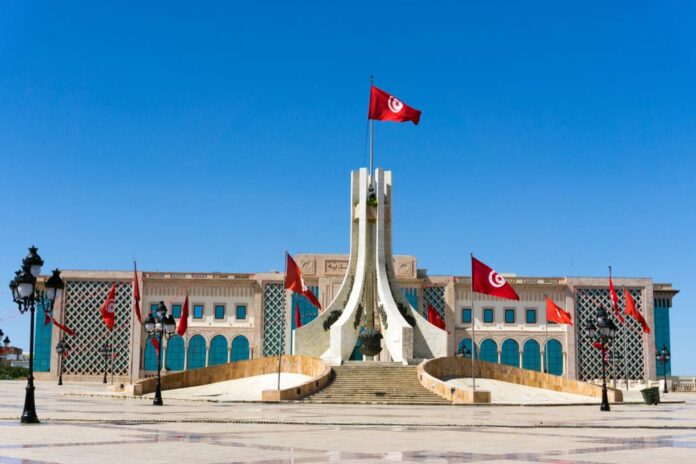Tunisia’s banks are navigating major uncertainty and significant macroeconomic pressure as the North African country seeks to secure an International Monetary Fund (IMF) to alleviate its twin deficits, S&P Global said Monday.
The rating agency said the prolonged pandemic and the prevailing political uncertainty have weighed on Tunisia’s economic activity in recent years. The country faces major hurdles to raising external funding and internal divides have reportedly caused delays in mobilising the necessary resources.
The current operating environment has heightened banks’ exposure to the state at 83% of total equity as of 31 August 2022 up from 5.1% at the end of 2010—a major source of risk given the lack of direction on how the country will finance its twin deficit.
“Overall, our calculations show that a Tunisian sovereign default might cost the banking system $4.1 billion-$7.6 billion, or 8.0%-14.8% of forecast nominal GDP at year-end 2023. Our calculations exclude the potential effects of a sharp depreciation of the Tunisian dinar, which might add to these costs,” said S&P Global Ratings credit analyst Mohamed Damak.
The Tunisian authorities and the IMF are in talks to agree on a program that entails important reforms. The country’s economic growth is expected to reach 1.6% in 2023 while its fiscal and external deficits will likely total a cumulative 13% of GDP.




